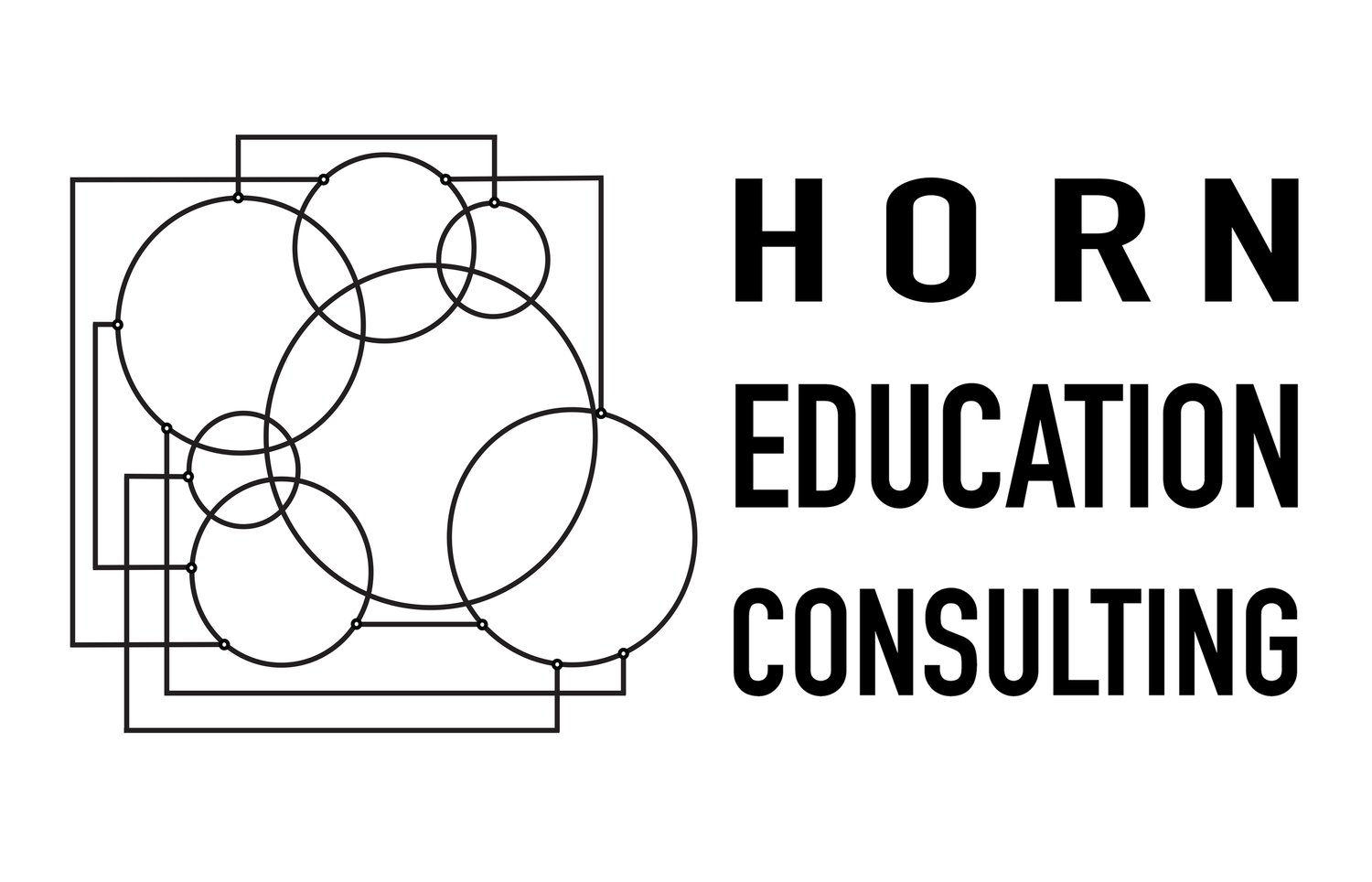Become a great coach.
To cultivate teacher-leadership, coaching is essential. Even confident, capable classroom teachers can have difficulty imagining themselves as leaders of school-wide projects or programs.
Coaching is good for leaders as well as those they coach. In their book Resonant Leadership (Harvard Business Review Press, 2005), Richard Boyatzis and Annie McKee argue that coaching prompts leaders to focus less on themselves. Being more in touch with people and issues around you limits the feeling of isolation that often accompanies a formal leadership role. When appropriate ethical boundaries are maintained, coaches can experience the regular renewal needed to sustain themselves and their effectiveness. Coaching does confer benefits to the organization, but it does so by helping people to develop as people–not merely as human resources filling a particular organizational need.
To think about coaching more expansively, try this three-part reflection exercise, adapted from Resonant Leadership, pp. 198-199:
Part A. Think of people who helped you the most in your life, people about whom you would say, “Without this person, I could not have achieved what I have” or “I would not be the person I am today.” Write what you learned from them.
Part B. Think of people who have tried to help you over the last two years, giving feedback in any aspect of life or work. Record your take-aways from them.
Part C. Compare your answers for the first two parts, considering what people said and how it affected you. What are the differences?
From their decades of work with professionals in many types of organizations, McKee and Boyatzis report that 80% of the moments people recalled in Part A involved someone helping them “extend their dreams, reach for new aspirations, or consider what it means to be successful or a good person.” The authors note that the experiences may not always have felt good at the time, but they occurred as part of a trusting, caring relationship (p. 199).
As for responses in Part B, most feedback people received in the past two years involved a focus on weaknesses, i.e. what they needed to do to improve. (Business people often employ a strategy called “gap analysis.”)
To give the authors' conclusion appropriate emphasis, I'll set it up as a pull-quote:
“It is no wonder many people do not change. We are often doing the wrong things to encourage and support the exploration of a change. In fact, we are often doing the opposite to what has worked so well for most of us.”
[Illustration by Roy Chambers. Copyright 2015 by Peter Horn, Ed.D. All rights reserved.]


